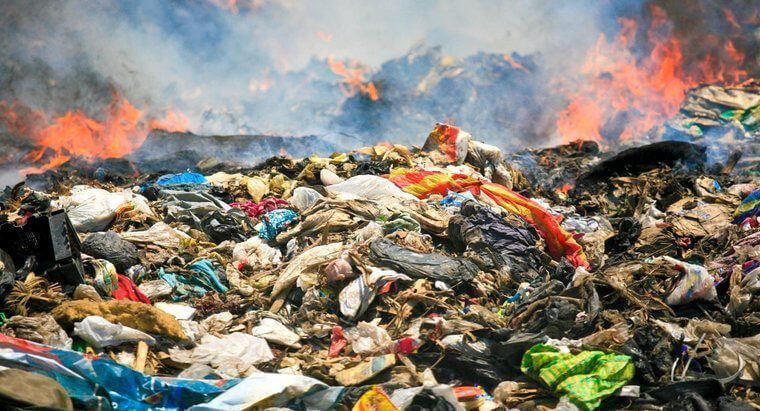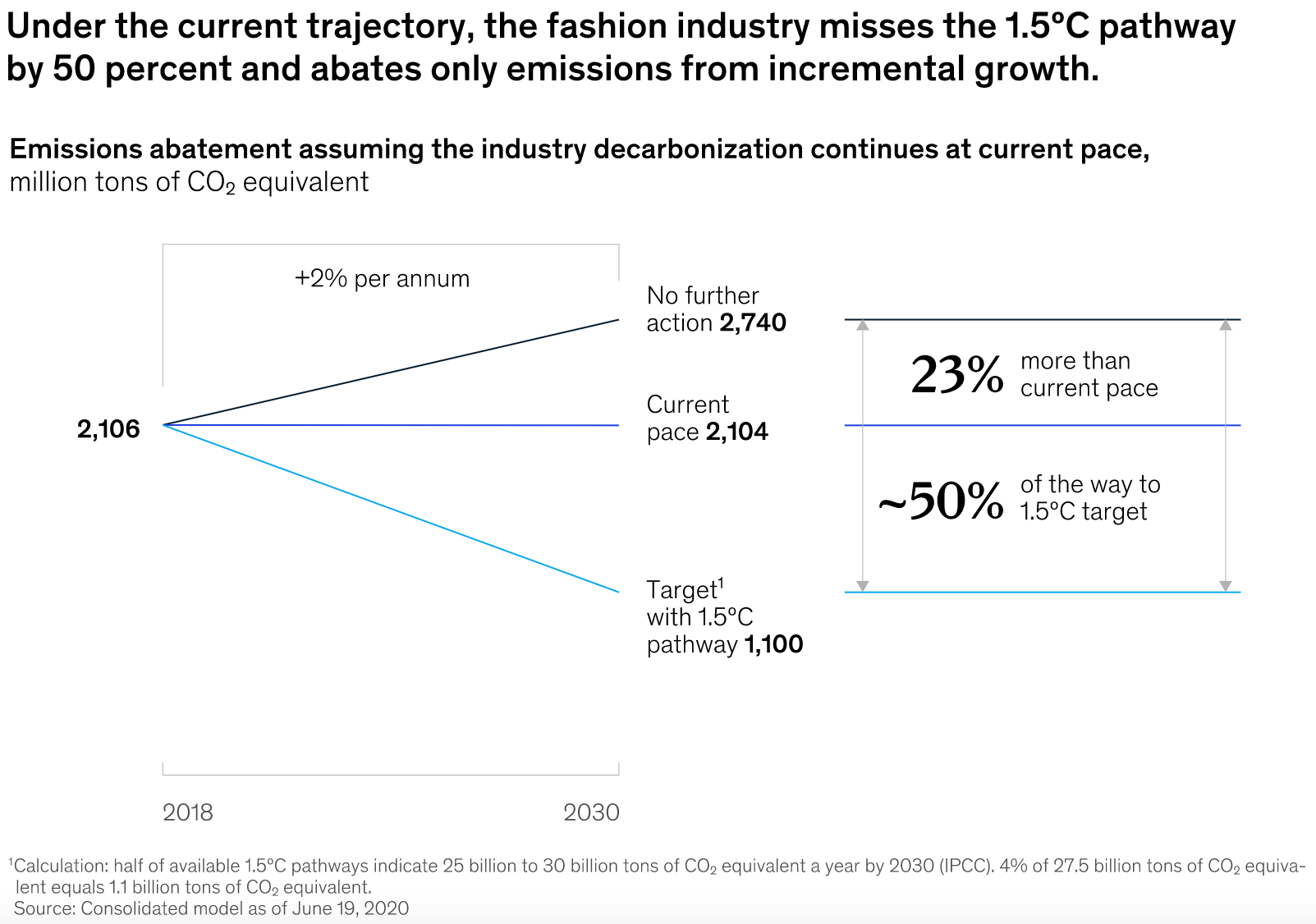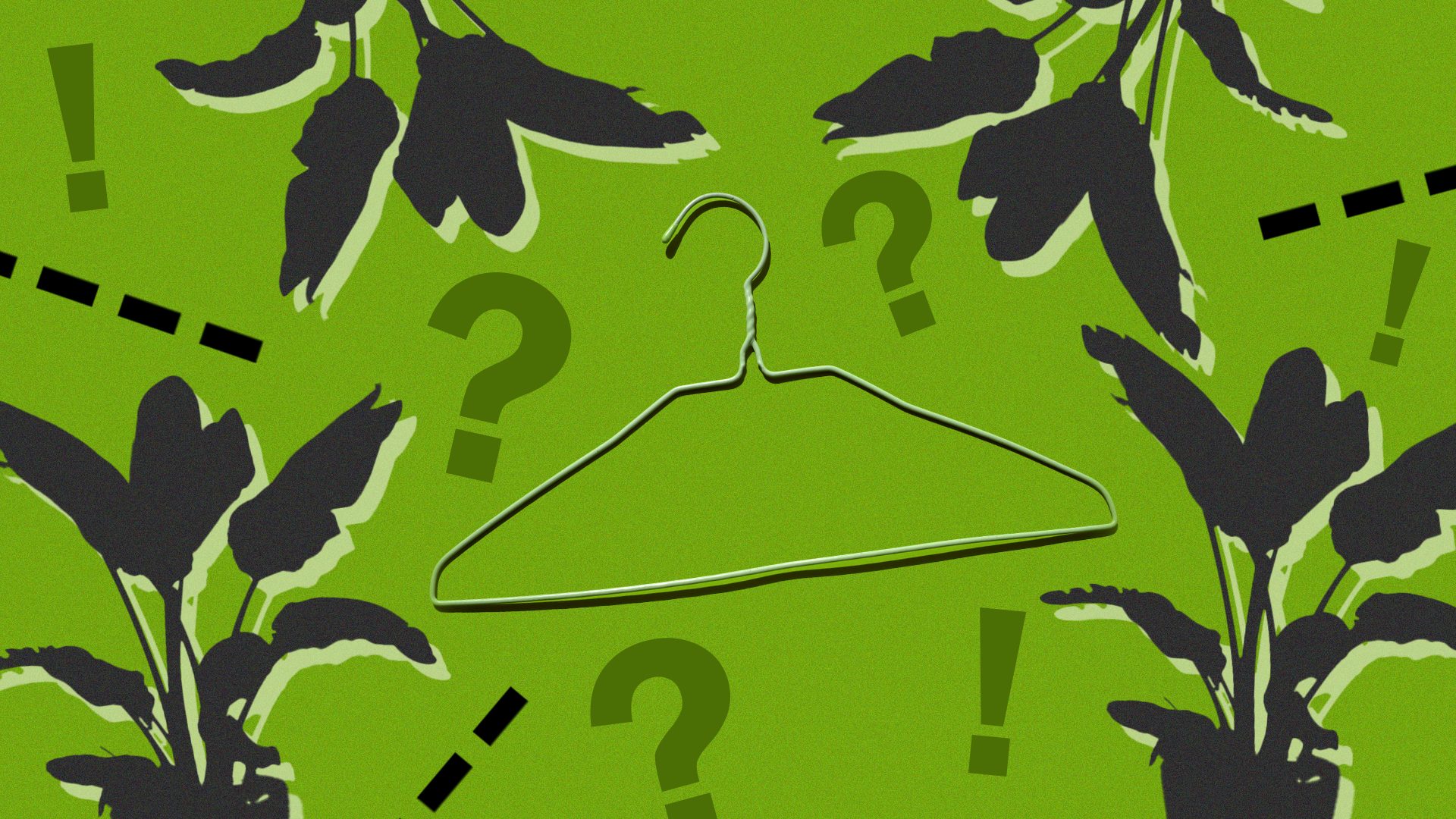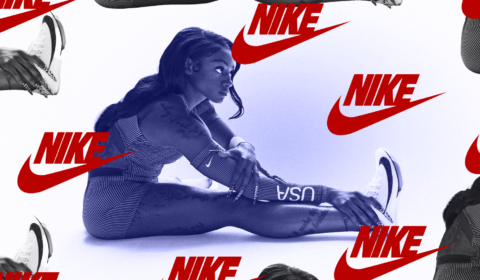Last week’s IPCC report urged clothing brands to act much faster to save the planet and Greta Thunberg’s condemnation in a Vogue interview shows the industry has nowhere left to hide.
‘Our message to every country, government, business, and part of society is simple: the next decade is decisive for climate action,’ said Alok Sharma, president-designate of the United Nations Climate Change Conference, last Monday.
He was, of course, referring to the recently published IPCC report which has had most of us lying awake at night gripped by panic over warnings that we are well and truly running out of time to save the planet.
‘This includes fashion,’ he continued, a sentiment echoed by Greta Thunberg in her first-ever Vogue interview, where she directly linked the confidence of scientists that extreme weather events are caused by human activity with the industry’s environmentally unfriendly practices.
Despite increased talk of sustainability, both Sharma and Thunberg believe fashion lacks the urgency experts deem so necessary going forward, given it’s one of the most polluting industries in the world.


Yes, countless brands have already outlined lofty goals to decrease their impacts long-term, but with these targets now in sharp relief, the takeaway is an unequivocal message that their efforts are falling short of the challenge at hand.
‘Many make it look as if the fashion industry is starting to take responsibility, spending fantasy amounts on campaigns portraying themselves as sustainable, ethical, green, climate neutral or fair,’ tweeted Greta following the launch of her feature.
‘But let’s be clear: this is almost never anything but pure greenwash.’
By way of example, though the Fashion Industry Charter for Climate Action has set the ambitious target of achieving net-zero emissions by 2050 – with Kering, PVH, Levi’s, Burberry, and LVMH all on board – it remains unclear how it’s seeking to do so.


Focusing instead on operational tweaks that only moderately improve the impact of one garment, these brands are still disregarding the fact that a full transition to renewable energy across the supply chain – which operates largely in countries most vulnerable to, and already suffering from, the ecological crisis – is the answer.
Not to mention they could adopt a new business model entirely which relies less on trend-chasing and churning out garment after garment to meet demand. It’s a full-spectrum transformation that includes shortening the runway cycle, but one that currently seems relatively intangible.
‘To fully close the emissions reduction gap, the industry will need to transition to more sustainable business models and practices,’ says Cynthia Cummis, director of private sector climate mitigation at the World Resources Institute.
‘There is a significant opportunity to reduce impact by moving away from today’s linear model of take, make, waste.’


Until this is acknowledged, and brands stop assuming they have the luxury of decades to adapt, fashion’s sustainability efforts will stay too narrow to make a difference.
‘You cannot mass-produce fashion or consume ‘sustainably’ as the world is shaped today,’ reads Greta’s scolding cover story, making clear that individual consumption changes will not meet the needs of the moment.
‘That is one of the many reasons why we will need a system change.’
What she and the IPCC report confirm is that if fashion doesn’t act immediately, it will not only hold more responsibility for the situation at hand than it does today, but will begin to fall apart at the seams as consumers gain more insight into the industry’s evident inaction.

















